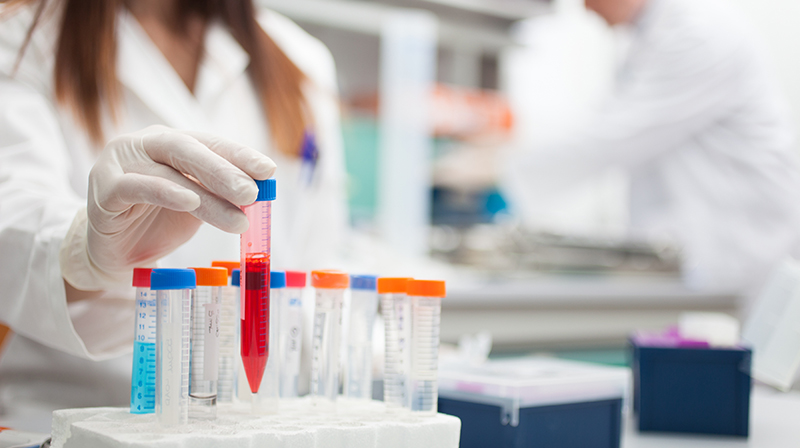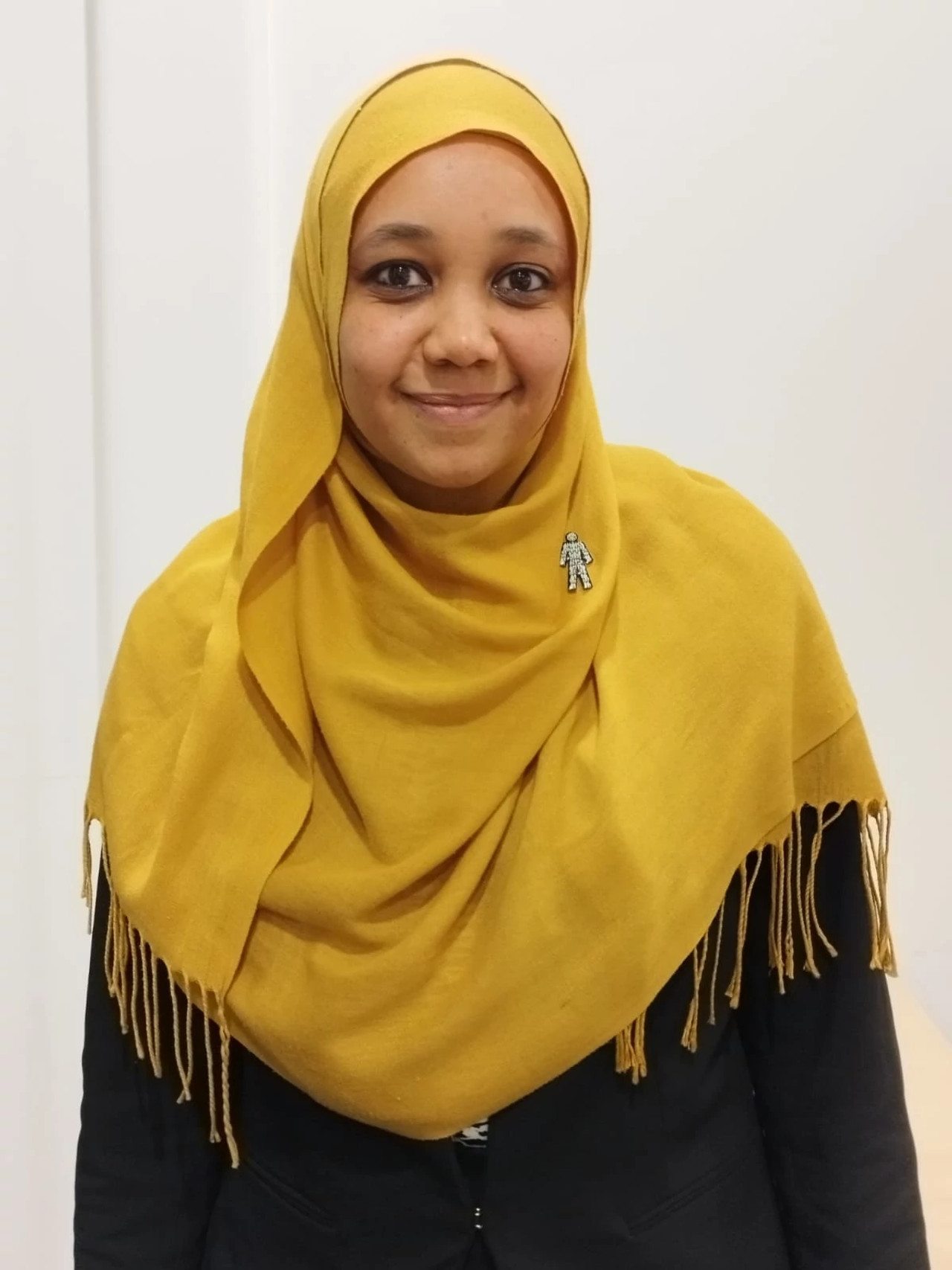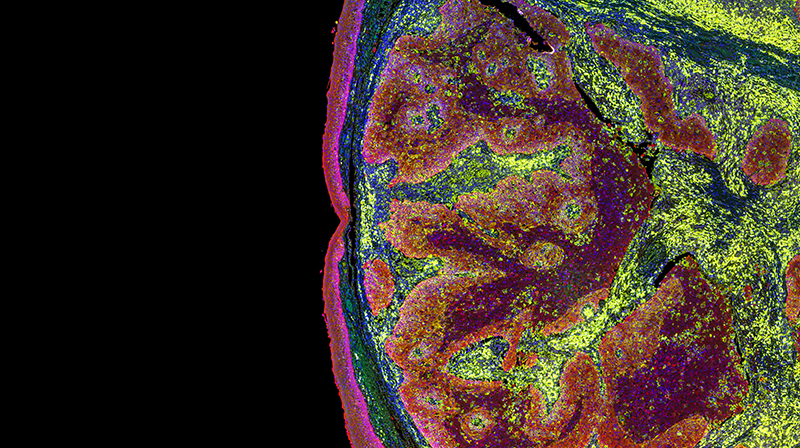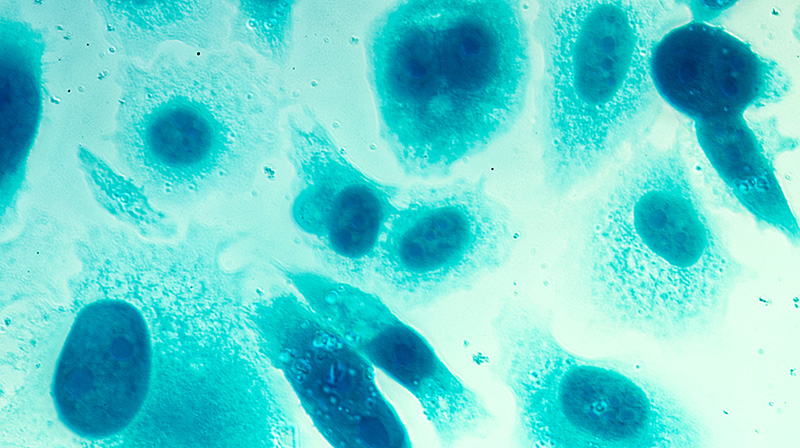
Boosting the immune system to treat prostate cancer

Grant information
Researcher: Dr Asma Ahmed Hassan Elshiekh
Institution: University of Glasgow
Grant award: £298,590
Reference: TLD-CAF22-012
What you need to know
- Dr Ahmed Hassan Elshiekh is researching how to improve treatment for prostate cancer by enhancing the immune system's response to cancer cells.
- By studying a process that triggers the immune system to attack cancer cells, she hopes to learn how it can be used to improve the effectiveness of current cancer treatments.
- This could lead to new treatments that make advanced prostate cancer respond to immunotherapy again, giving men with the disease new options.
About Dr Ahmed Hassan Elshiekh
Dr Ahmed Hassan Elshiekh originally trained as a pharmacist, completing her bachelor’s degree in pharmacy at the University of Khartoum, in Sudan. She later returned to the university as a graduate to complete a master’s degree in pharmacy and pharmacology, which she followed with a PhD at the University of Konstanz, in Germany.
As a postdoctoral researcher, Dr Ahmed Hassan Elshiekh worked in the lab of Professor Stephen Tait on a Prostate Cancer UK-funded project that looked at priming the immune system to kill prostate cancer cells that have become resistant to hormone therapy.
This grant will enable her to extend this promising research further as an independent researcher.
During this project, Dr Ahmed Hassan Elshiekh will continue to be based at the University of Glasgow, but she will spend part of her time at the Newcastle University Centre for Cancer. There, she will work with Professor Craig Robson to learn more about new techniques for growing and studying prostate cancer cells in 3D. Unlike traditional lab models of cancer, where cells are studied in a dish, these 3D models, known as organoids, are more reflective of real-life conditions – making them invaluable for testing new treatments.
In this exciting project, I will exploit a new therapeutic vulnerability that I have identified for sensitising prostate cancer to immunotherapy. The great support and networking opportunities provided by Prostate Cancer UK, coupled with the novelty of my project and the fantastic collaborators and research environment, are key to advancing my career and fulfilling my ambition of independence.
What will Dr Ahmed Hassan Elshiekh do?
Dr Ahmed Hassan Elshiekh wants to find out how to make prostate cancer cells die in a way that will alert the immune system to the presence of the cancer.
Most prostate cancer treatments work by killing cancer cells. Ideally, when this happens, the cells’ death will also alert the immune system to the presence of the cancer cells, so it can kill any further cells the treatment may have missed.
However, as prostate cancer cells become resistant to treatments such as hormone therapy, they often create an environment around themselves that makes it difficult for the body's immune system to attack the cancer cells.
In this project, Dr Ahmed Hassan Elshiekh will study a process called caspase-independent cell death (CICD). From previous research in her team, she knows that this kind of cell death triggers an anti-cancer immune response.
By studying CICD in mice and in tumours grown in the lab, she hopes to find out how it activates the immune system to fight the cancer, and what factors determine whether it triggers an immune response or not.
Dr Ahmed Hassan Elshiekh will also look at how the local environment around the tumour affects this response.
How will this benefit men?
When prostate cancer becomes resistant to current treatments, it leaves men with limited options.
By improving our understanding of how cells dying triggers the immune system, Dr Ahmed Hassan Elshiekh’s research could lead to new and more effective treatments for advanced prostate cancer.
It could improve the potency of current cancer drugs, as well as make tumours that don't normally activate the immune system respond to immunotherapy.
If successful, this research could be translated into clinical trials for men with advanced prostate cancer, offering them better treatment options.


